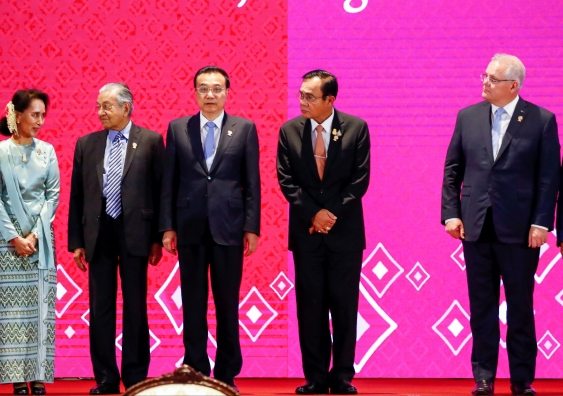Axing protection for national strategic languages is no way to build ties with Asia
The Australian government has dropped protections for language programs as universities are announcing plans to end Asian languages courses. That's a mistake in the Asian Century.




